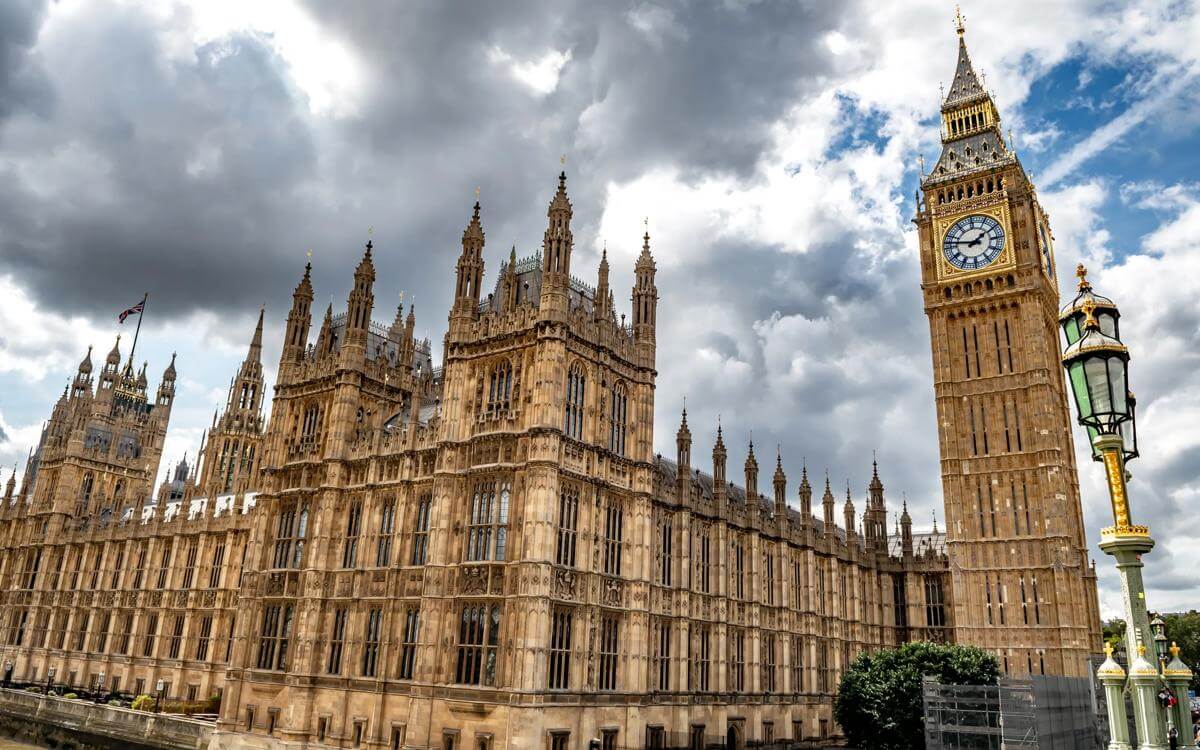Supreme Court curbs the liability of employers for data breaches committed by their employees
In a judgment that will be welcomed by private and public sector employers throughout the country, the Supreme Court has today upheld the appeal in the Morrisons Supermarkets case about whether vicarious liability may arise for data protection breaches by a rogue employee. Read more here.
In a judgment that will be welcomed by private and public sector employers throughout the country, the Supreme Court has today upheld the appeal in the Morrisons Supermarkets case about whether vicarious liability may arise for data protection breaches by a rogue employee. A copy of the judgment can be found here.
The facts of this case are now well known. Briefly, an employee of Morrisons (Mr Skelton) uploaded the company’s entire payroll data to a publicly accessible filesharing website because he bore a grudge against the company after he was the subject of disciplinary proceedings. He also sent the data anonymously to three UK newspapers, purporting to be a concerned member of the public who had found it online. One of the newspapers alerted Morrisons, which took immediate steps to have the data removed from the internet and to protect its employees, including by alerting police. Mr Skelton was subsequently arrested and imprisoned for his actions.
Some of the affected employees brought proceedings for breach of statutory duty under the Data Protection Act 1998 (“DPA 1998”), misuse of private information, and breach of confidence against Morrisons in its own right and on the basis of its vicarious liability for the acts of Mr Skelton. Both the High Court and Court of Appeal held that Morrisons was vicariously liable.
The Supreme Court unanimously allowed the appeal. Morrisons was not vicariously liable because the wrongful disclosure of the data was not so closely connected with the task for which Mr Skelton was instructed that it could fairly and properly be regarded as made by Mr Skelton while acting in the ordinary course of his employment. This was because: (1) the online disclosure of the data was not an act which Mr Skelton was authorised to do by his employer; (2) the fact that his employment gave him the opportunity to commit the wrongful act was not sufficient to warrant the imposition of vicarious liability; and (3) it was highly material that in making the disclosure Mr Skelton was acting for purely personal reasons rather than on his employer’s business.
Whilst this resolved the appeal, the Court also proceeded to consider separately the issue of whether the DPA 1998 impliedly excluded vicarious liability for either statutory or common law wrongs – the argument advanced by Morrisons being that the statutory liability of a data controller under section 13 of the DPA 1998 1 is based on a lack of reasonable care, whereas vicarious liability is not based on fault (ie it involves strict liability). This argument was rejected by the Court, which was of the view that there was nothing inconsistent between the two regimes given that the DPA 1998 was silent about the position of a data controller’s employer (the lower courts having concluded that, in making the disclosure, Mr Skelton became a data controller in his own right).
The judgment will provide significant comfort to those employers who take their data protection responsibilities seriously but are faced with a serious data breach when one of their employees ‘goes rogue’ and commits an act which is unauthorised, outside their usual tasks and done purely for personal reasons.
1 The reasonable care defence is not available under the Data Protection Act 2018.









































